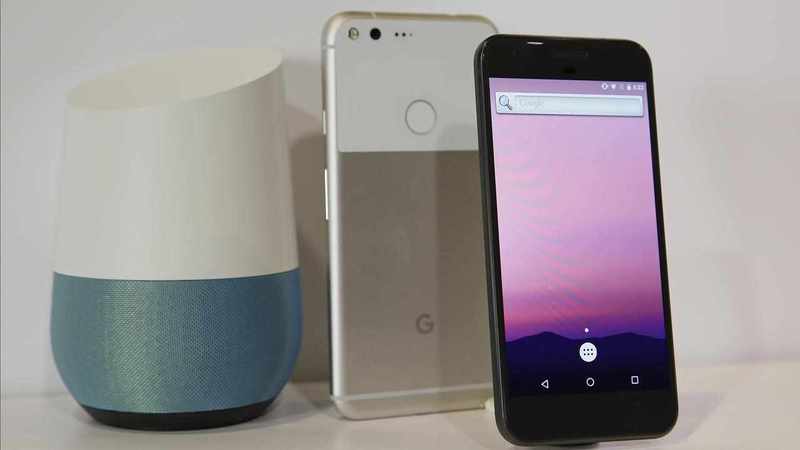Enlisting thousands of smart speakers in Australian homes to detect intimate partner violence could be an "unprecedented opportunity" to help victims, a study has noted.
But Monash University researchers found the potential solution was also loaded with ethical considerations and could put the onus of responsibility on victims, produce too many false positives and negatives, and remove pressure from the government to address the causes of domestic violence.
The findings, in a report called Should We Embrace Big Sister, comes weeks after a woman was killed by her long-time partner in Brisbane, bringing the number of women killed in 2023 to 59, according to Destroy the Joint.
The study, published in the Ethics and Information Technology Journal, noted one in four Australian homes used smart speakers like those produced by Amazon, Google and Apple.
It found companies including Google had already raised the possibility of using a speaker's sensors to detect the "emotional state" of those near it, while US university researchers had started work on artificially intelligent systems for detecting "screaming, siren, explosion, gunshot and glass-breaking" data.
"Smart technologies for detecting (intimate partner violence) are already being developed – we suspect it is inevitable that more will be proposed in the years to come," the study noted.
"The widespread presence of smart speakers in domestic spaces offers an unprecedented opportunity, both rhetorical and real, to enlist Big Sister in the cause of combating (intimate partner violence)."
US researchers developing the technology noted it could detect "a significant percentage of assaults-in-progress" but also said it was unlikely to detect every violent act and could deliver "significant numbers of false negatives and false positives".
The Australian study also identified drawbacks to using smart speaker technology, including data showing the gadgets were often installed by men, and that women in oppressive households were unlikely to be able to access their settings.
Monash University philosophy professor and co-author Robert Sparrow said despite the promise of the technology, policymakers and technology firms should carefully consider its use and implications.
Relying on smart speakers to detect domestic assaults, he said, could take pressure off governments to address the causes of violence, and could see women who did not use the technology blamed for it.
"The insinuation could be that gendered violence is a problem in relationships between individuals that can be addressed in the home rather than a structural problem that reflects power relationships between the sexes in society more generally," he said.
"Utilising smart speakers in this way would risk rendering women more responsible for their own safety while simultaneously disempowering them."
Prof Sparrow said anyone developing domestic violence-detection technology should enlist help from violence survivors who could deliver crucial insights.
"If it is judged that the moral urgency of intimate partner violence justified exploring what might be possible by developing this technology, it will be important that the voice of victim-survivors of intimate partner violence... are heard on the matter," he said.
More than 16 per cent of Australian women and more than five per cent of men have experienced physical or sexual violence from a partner after the age of 15, according to the Australian Bureau of Statistics.









